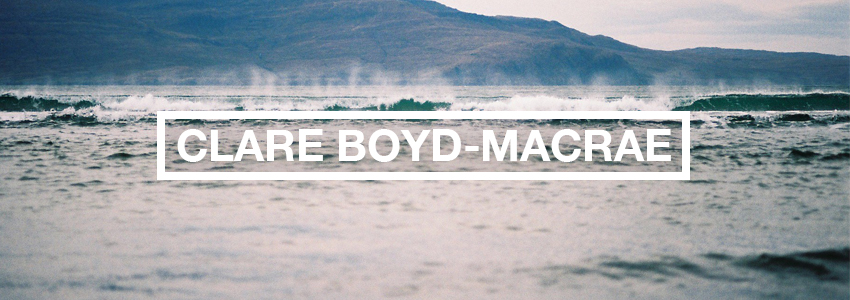The misery of the long term writer
 Sunday, July 24, 2011 at 06:56AM
Sunday, July 24, 2011 at 06:56AM ‘It’s a horrible, horrible thing, being a writer,’ says my beloved. ‘A burden you carry everlastingly.’
This as I look glumly at him when I should be enjoying a perfectly good holiday. The rain is lashing down outside, the open fire is roaring, we have a pile of good books and a couple of bottles of pretty nice wine. What’s not to be happy about?
He’s not being unpastoral. Just saying it like it is. I seem unable to stop writing, but more often than not, all it brings is frustration and misery.
The current torment arises from my umpteenth attempt at writing a half way decent novel. This week, this holiday week we both need badly, I have promised myself I will only spend two days writing and the rest of the time I will relax. But the first day’s writing was so bad, I am in despair. I can’t do it, nor can I stop trying.
‘I’m glad it’s not me,’ is another thing he says from time to time. ‘I don’t know how you keep at it.’ Sometimes I think that the certifiably insane compulsion to keep at it is what makes me a writer, not the fact that I’ve been published, or the quality of anything I might have produced.
Over and over, during the past 15 years, since I decided with a burst of rapture that I wanted to ‘be a writer’, I have asked myself why I don’t just give up. I could be a really happy person if I wasn’t always trying to write.
My day job involves administration and event management and I love it. It gives me challenges, company, fun, and great satisfaction. It also pays the bills. That should be enough for anyone. On top of that, however, there are all sorts of other good things – aforementioned beloved who still makes me laugh after all these years, kids who seem to enjoy our company, friends, books, walking, so many delights. Life is bloody marvellous, or could be if I could just give up the freaking writing dream.
The last thing the world needs is another ‘artist’ carping on about what a tough road it is to hoe. I understand completely the impatience of normal people with our agonised outpourings of inadequacy, bitterness and gloom.
I am generally a cheery person, however, and maybe it does no harm to let my readers in on how difficult I find this writing caper a lot of the time.
Partly it’s the lack of publication opportunities, even once you have a bit of a track record.
But a lot of it is that you’re only ever as good as your last article, and even that lasts only a day or two, a week at most. I don’t know any creative people who are happy to say, ‘okay, I’ve produced a lot of reasonable work in my time, now I’m going to relax and just be a mum/admin assistant/gardener/beach bum.’ It doesn’t seem to work that way.
There’s this thing inside me that has to keep getting out, and maybe this is what makes me a writer as much as the hundreds of thousands of words I have written, my publication record or the fact that from time to time, other people seem to be touched by what I have to say.
Always, I want to be a better writer. To be less glib and smug sounding. To be funnier. To write with more lyricism and power. To write fiction – ah, that’s the big one, these days. I dash off short non-fiction with comparative ease, why is writing a novel like drawing particularly massive and impacted wisdom teeth? With no anaesthetic.
So why do I keep trying? Because I only know what I think once I have written it down. Because the world seems even more beautiful and funny and sad when I have noticed it and then put it into words.
Because I know from long experience that the way I feel about the writing when I am actually doing it has no bearing whatsoever on its quality. Time and again I have produced what felt like inspired prose, only to find, reading it back next day that it is overblown and pretentious. Other times I have struggled, eking it out, word by laborious word, convinced it was rubbish, to come back later and find one of my better efforts.
Because I know that what matters is keeping the faith – just turning up and doing the writing, week after week. Trusting in the process: that if I keep doing it, I will, slowly, learn things and maybe even become a better writer.
Because I know that this is part of what I am. Being a writer, although sometimes an unhappy or not a particularly good one, is as much a part of what makes me me, as being a parent, one who sometimes finds it tough and who regularly stuffs up.
Overall, despite everything, it is one of the endeavours in life that gives me most satisfaction and joy. It makes the whole crazy adventure of life a deeper one.
And now that I have reminded myself of this, it is time to tell my beloved it isn’t so bad, return to the novel in better heart, and just get another damn chapter down on the page.
 Clare |
Clare |  3 Comments |
3 Comments | 